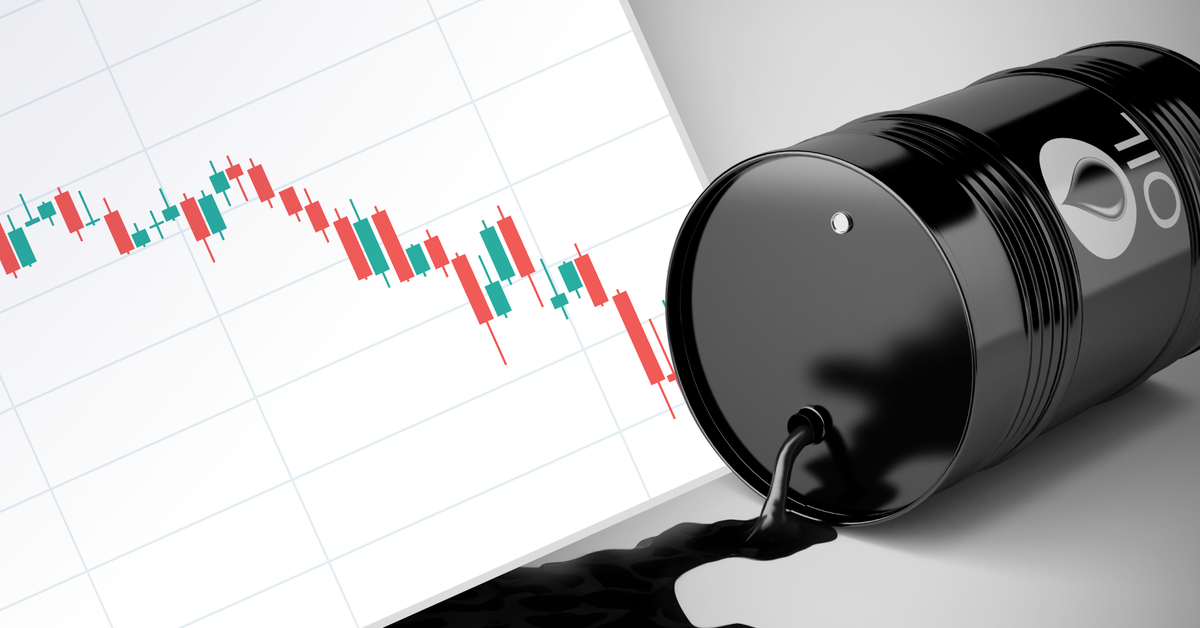WTI Drops to $84.70 Amid Gaza Ceasefire Talks, US CPI Data Anticipation
Western Texas Intermediate (WTI), the benchmark for US crude oil, is currently trading near $84.60, marking its fourth consecutive day in the red. This decline is influenced by a combination of factors including the build-up of US crude stocks and profit-taking activities. Market attention is now turning towards the upcoming release of the US March Consumer Price Index (CPI) report and the Federal Open Market Committee (FOMC) Minutes, both scheduled for later today.
Last week’s US employment report has sparked debates among investors about the Federal Reserve’s potential postponement of interest rate cuts this year. The impending US CPI data for March is highly anticipated, as it could provide valuable insights into the inflation trends and influence the Federal Reserve’s monetary policy decisions. A stronger-than-expected CPI report could bolster the US Dollar (USD), potentially impacting WTI prices, which are denominated in USD.
Adding to the downward pressure on WTI prices is the larger-than-anticipated increase in US crude inventories. Data for the week ending April 5 showed a rise of 3.034 million barrels, exceeding both the previous week’s decline of 2.286 million barrels and market predictions of a 2.415 million barrel increase, according to figures released by the American Petroleum Institute (API).
Another factor in the oil market dynamics is the statement from the leader of Iran’s Revolutionary Guard navy, suggesting the possibility of closing the Strait of Hormuz if deemed necessary. This strait is a crucial passage for global oil trade, with about a fifth of the world’s oil consumption passing through it daily. Such a move could stoke fears of supply disruptions, potentially limiting further declines in WTI prices.
In the geopolitical arena, the latest developments in the Middle East are also being monitored by oil traders. An Israeli proposal for a ceasefire in Gaza was deemed insufficient by Hamas in meeting the conditions set by Palestinian militant groups. However, Hamas has indicated a willingness to consider the proposal. The continuing tensions in the region could exacerbate concerns about market tightness and influence oil prices.
Together, these various factors – the US CPI report, FOMC minutes, crude inventory levels, and Middle Eastern geopolitical tensions – are shaping the current dynamics of WTI prices and the broader oil market.

.webp)




